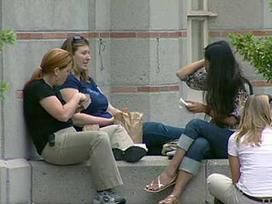You know you'd be a great doctor. You were confidently slapping bandages on your kid brother's boo-boos at age 10. As an undergraduate, you aced all the science courses. And you look smashing in scrubs and a stethoscope. But there's at least one more tiny detail in your path to a career in medicine: You have to get accepted to medical school.
You can greatly improve your odds for receiving that precious letter of acceptance with a strong performance on the Medical College Admissions Test (MCAT). The MCAT has been around in various forms since the 1920s, and has evolved into a standardized examination with multiple choice questions and a writing section that measure your scientific knowledge, problem-solving abilities and writing skills [source: AAMC].
Advertisement
The test's sections focus on physical sciences, biological sciences and verbal reasoning. These sections are scored from 1 to 15, and a writing section is scored on a letter scale of J to T. The average score is 24 O, but you'll probably need at least a 30 and a P or Q to get into your school of choice [source: Miller and Bissell].
There's no getting around it: the MCAT is a high-stakes test that can shape the rest of your medical career. But it's not an impossible challenge. Starting on the next page, find tips that can help you go into your test day with increased confidence and odds of success.





